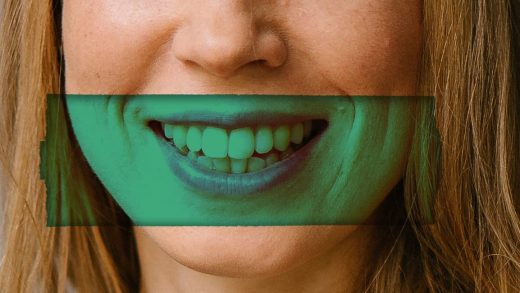Researchers now know what causes embarrassing cold sore outbreaks
Humans can build space stations and vaccinate entire populations against a novel pandemic virus on short notice, yet cold sores still flare with little relief.
Roughly two-thirds of the world’s population has cold sores (HSV-1) and 13% have genital herpes (HSV-2), according to the World Health Organization. There are no cures.
But now, researchers at the University of Virginia School of Medicine have discovered what triggers outbreaks, which can be painful and embarrassing.
Scientists have long known that HSV lurks in ganglia, periodically reactivating—often during times of stress, illness, and sunburn. The new study finds that outbreaks are not caused by those factors, but rather, that HSV hijacks the body’s immune response to stress and inflammation. Specifically, the immune system releases a cytokine called interleukin 1 beta, which prompts the virus to reactivate.
“It is really remarkable that the virus has hijacked this pathway that is part of our body’s immune response,” says coauthor Anna Cliffe, an assistant professor of microbiology, immunology, and cancer biology at the University of Virginia School of Medicine, who specializes in HSV research. “It highlights how some viruses have evolved to take advantage of what should be part of our infection-fighting machinery.”
Though this news is not the “Herpes Cure Found!” headline that billions of humans eagerly await, it may be the research that opens the door to it.
“A better understanding of what causes HSV to reactivate in response to a stimulus is needed to develop novel therapeutics,” says Cliffe. “Ultimately, what we hope to do is target the latent virus itself and make it unresponsive to stimuli, such as interleukin 1 beta.”
(6)



